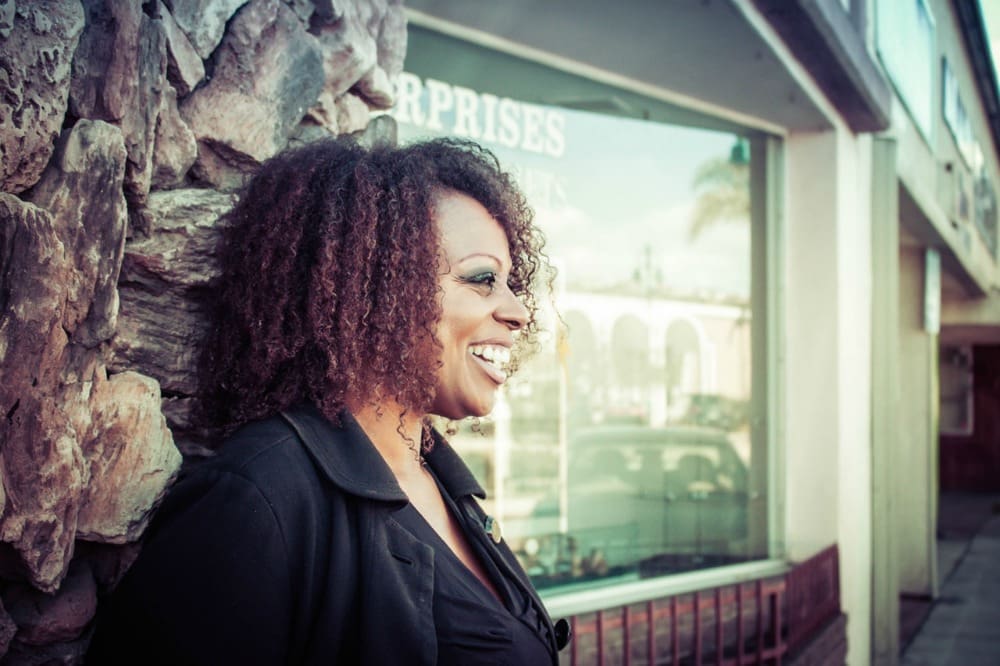A messy life is a full life. If your kitchen is in a mess, that means you live out of it – and that means good fuel for your growing family. You don’t order fake out (yes that’s right, my phone autocorrected ‘take’ out to ‘fake’ out – even iPhone knows!) each night, and you sometimes even grill vegetables and pan fry chicken. It makes a mess. That mess is a byproduct of healthy bodies. You feed your family well. And the science behind that is clearly beneficial. Go you.
Maybe your mess is more internal. It has more to do with that ‘not good enough’ disorganized feeling you have when you see other moms or dads ‘do it all’. You wonder how on earth superwoman over there is so ridiculously super human.
Sometimes, you even find yourself going to bed with a disappointing feeling that something is missing. Thoughts creep in like, ‘I/m not enough for my child even though I am a stay at home mom. I feel so helpless and inadequate.’ You are not alone. So many of us out there have the same thoughts. Here are three ways to tackle those not-good-enough feelings that don’t deserve the time you give them:
1. Choose to be grateful for the reason behind your chaos and mess.
When you invest all your time and energy into being present with your family, sometimes (read: many of the times) it can be a challenge to do the behind the scenes work. No one on the outside is punishing you for that – only you are punishing you. Choose gratitude for a house littered with toys, because the children have toys to play with at all. Choose gratitude for a long list of chores and admin that you have, because without your sweet family, that list would be so much shorter – although life would be simpler, it would be a lot more dull too. Choose gratitude for your partner – the same one who might nag you, forget things promised to you, and who might not always communicate that well with you. There is something about your partner that is a silver lining because without them, you would struggle even more. Maybe the trash gets taken out without you asking, or the bills get paid on time. Maybe it’s just that they provide an income for the family. Or maybe there’s a bunch of things that get done without you even realizing it. Whatever it is, choosing to be grateful for 3 things a day in your crazy beautiful life, will help you find your silver lining and stop your inner voice from telling you you’re no good.
2. Do one thing at a time.
Slow down. Breathe. Gain perspective. Leave your phone in the other room when you are with your kids. Schedule your time in your calendar and really be present when you are needed. Be a listener when your family need you to listen. Be a real and genuine parent when you have parent teacher evenings – no one is perfect. And be a encourager when your partner has had a rough day. How do you do all this? By doing one thing at a time. Dr Caroline Leaf, a well known cognitive neuroscientist explains it like this, “…the truth is that it is actually impossible to multitask – we don’t do multiple things at once; we actually shift between different tasks quickly. If we do this well then we are doing busy well. But, if we are doing busy badly, we are doing what I call milkshake multitasking. We cause literal neurochemical chaos in our brain, which, in turn, causes literal brain damage.”
3. Create a to do list and a completed list.
This will help you to see what you have accomplished in your day. I have days when all that is on my completed list is doing the laundry. Before I had a to do list and a completed list, I used to feel inadequate and helpless. Now I give myself a high five on those days when all I accomplish is one thing! Maybe for you it’s just getting out of bed. Put that one thing on your ‘completed’ list and watch it grow along with your confidence. No more guilt trips from your inner voice. No more bad feelings.
All of us have those feelings of inadequacy from time to time. Don’t let them creep in unnoticed! Don’t let them grow by giving them energy and focusing on them. Try these three ways to gain confidence and confidently take charge of your family life again. The best part is knowing that your children are watching too, and they too will learn how to gain confidence and take charge just by watching you.
About the Author: Carla Buck
 Carla Buck, M.A., is a writer, therapist and global traveler having traveled to more than 80 countries worldwide. She has experience working with children and parents all over the world, having lived, worked and volunteered in Africa, North America, Europe and the Middle East. Carla is the creator of Warrior Brain, helping empower parents and care-givers with simple and practical ways to confidently raise secure and calm children.
Carla Buck, M.A., is a writer, therapist and global traveler having traveled to more than 80 countries worldwide. She has experience working with children and parents all over the world, having lived, worked and volunteered in Africa, North America, Europe and the Middle East. Carla is the creator of Warrior Brain, helping empower parents and care-givers with simple and practical ways to confidently raise secure and calm children.
You can visit her website and learn more at www.warriorbrain.com or join the Warrior Brain Parenting community on Facebook.


Leave a Reply